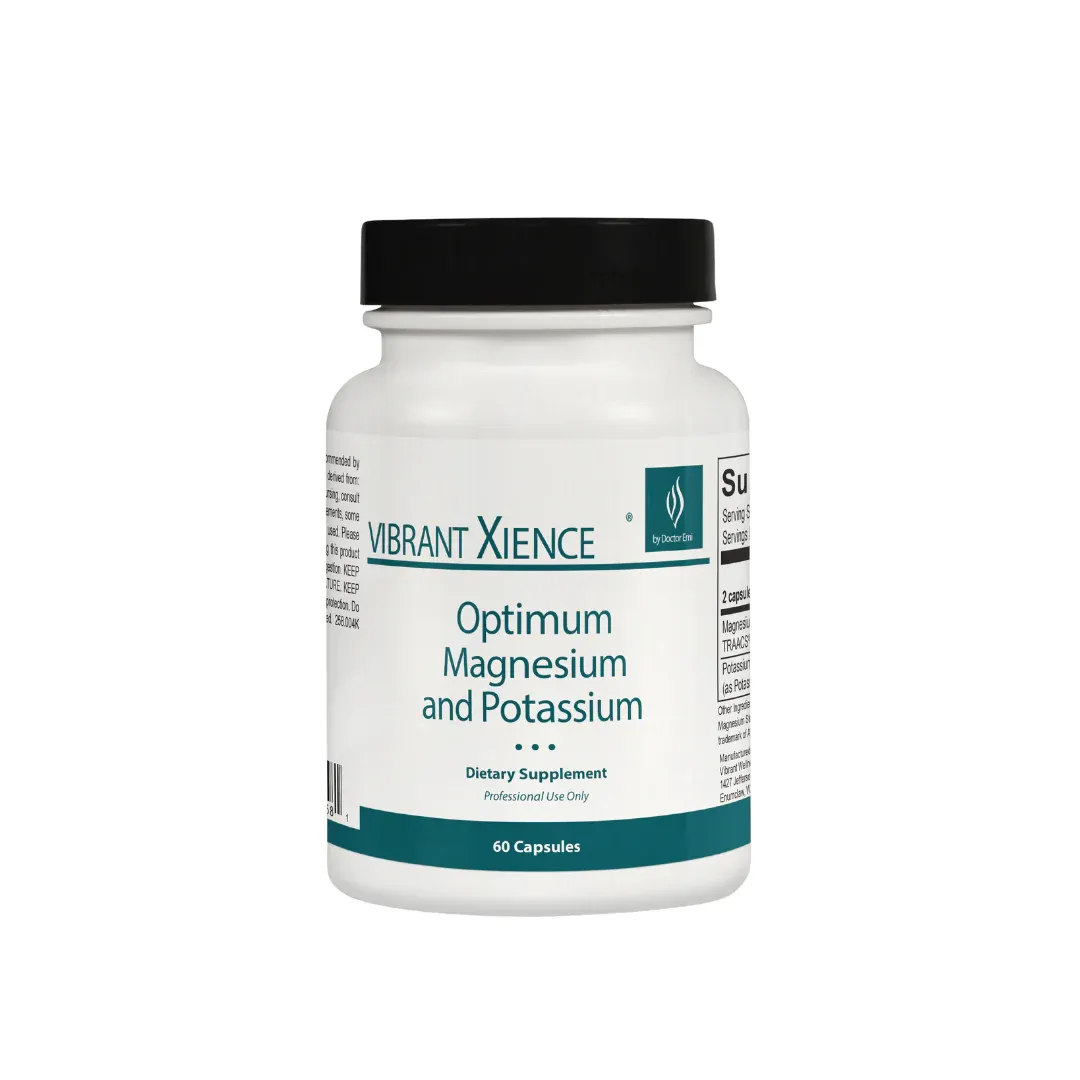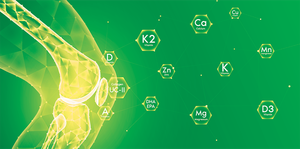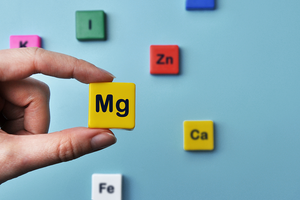Potassium and magnesium are extremely important minerals / electrolytes that can be lost in the course of the day in perspiration, urine and other bodily fluids. Certain food substances, such as those containing caffeine, act as mild diuretics and can also increase the amount of these important minerals your body wastes.
Diuretic Medications: Potassium and Magnesium Loss
People on diuretic medications (water pills) such as Lasix (furosemide) or HCTZ (hydroclorothiazide) or chlorthalidone who have normal renal (kidney) function can lose these minerals at a much higher rate than the average person. Patients on these medicines are often prescribed both potassium and magnesium.
Certain other diuretic medications such as Aldactone (spironolactone) and Dyrenium (triamterene) can waste magnesium but work in the kidney to hang onto potassium and therefore should be taken with a magnesium supplement alone.
Some Symptoms of Potassium and Magnesium Loss
Some signs of potassium and magnesium deficiency include (but are not limited to): palpitations, rapid heart rate, dizziness and muscle spasms. Muscle spasms caused from mineral deficiencies can affect athletic performance as well as day-to-day function. More serious deficiencies can cause cardiac rhythm problems, and even death. Low potassium and magnesium can also contribute to increased blood pressure. To learn more about the role of potassium and magnesium in the body, and more signs and symptoms of potassium and magnesium deficiency, read our article entitled, Dehydration: Water, Electrolytes and Healthy Rehydration.
Foods that Contain Potassium/Magnesium
Potassium
Some potassium-containing foods are: tomatoes, cucumbers, pumpkins, carrots, onions, beets, cabbage, parsley, hazelnuts, walnuts, cashew nuts, Brazil nuts, lima beans, bananas, papayas, and dates.1
Magnesium
Some magnesium-containing foods are: almonds, cashews, peanuts, edamame, avocado, potatoes, kidney beans, black beans, raisins, salmon and beef.2
Many people, for various reasons, do not or are not able to eat the foods listed above, and/or do not consume a healthy combination of them (or other potassium and magnesium-rich foods) regularly. That fact, combined with taking diuretic and other types of medications, can cause a deficiency in both potassium and magnesium.
Consider Potassium and Magnesium Supplementation
Doctor Emi’s Potassium and Magnesium Glycinate is an easy-to-absorb source of potassium and magnesium which can help normalize muscle function, help maintain normal blood pressure levels, improve the body’s mineral balance and normalize (in some cases) minor feelings of palpitations that may result from mineral deficiency. It can also help with constipation that is brought on by mineral deficiencies.
Please consult your physician before starting this, or any other type of dietary supplementation.
Special Circumstances
Anyone with kidney failure, renal insufficiency, heart failure or anyone on medications such as ACE inhibitors: Zestril (lisinopril) Lotensin, or ARBs (angiotensin receptor blockers) such as Cozaar (losartan) and others, should absolutely consult their physician before starting this or any mineral supplement.
The Doctor Emi Team





